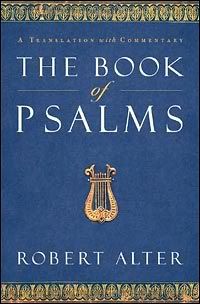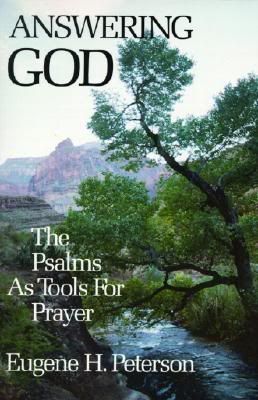
I recall being taught to pray when I was a child with the infamous words: "Bow your head, close your eyes, and fold your hands." Bowing your head? Perhaps sign of submission. Closing your eyes? A sign of our capacity for distraction and potentially acknowledging that God is "somewhere out there" in that dark space, similar to that which we see when we close our eyes. Folding your hands? I'm still not sure.
In his book "Answering God", Eugene Peterson talks about 2 great mystical traditions in prayer:
- Apophatic
- Kataphatic
Which path is the best? Of course there is place for apophatic prayers, for we are creatures of excess. We must learn to practice self-control, to refine and at times forfeit things for the sake of greater ones. Through fasting (saying "no" to food or another item or action) we learn to feast on God (saying "yes" to him). However, we must move beyond our "no's" and discover the "yes's"...
This leads us back to childhood training in prayer. Are we teaching kids to think of God "outside" our reality, the reality that one day we'll finally escape to? Or are we teaching our kids (and ourselves for that matter) that God is. He is outside, but also within and around. We learn to see him in the most simple things. Would we not have a Gnostic prayer life that casts aside the "trappings of creation" for a higher spirituality. CS Lewis, in his book "Mere Christianity", said it this way:
"There is no good trying to be more spiritual than God. God never meant man to be a purely spiritual creature. That is why He used material things like bread and wine to put new life into us. We may think this rather crude and unspiritual. God does not: He invented eating. He liked matter. He invented it."When Jesus performed miracles, he used common elements of creation: mud, spit, jugs of water, fish and bread, rivers, fig trees, pigs, stormy seas, and dead bodies. When Jesus spoke, he always used elements that were in full view around him: vineyards, shepherds, fruit, fathers, weeds, and yeast. Would we join Jesus in his understanding that within creation is an opportunity to meet and see God. Is God those items themselves? No, but in them are a glimpse of him. All of life is sacred.
Would we become like children again, but this time pray not with eyes closed and holds folded, but instead with extended hands and eyes wide open with wonder.



